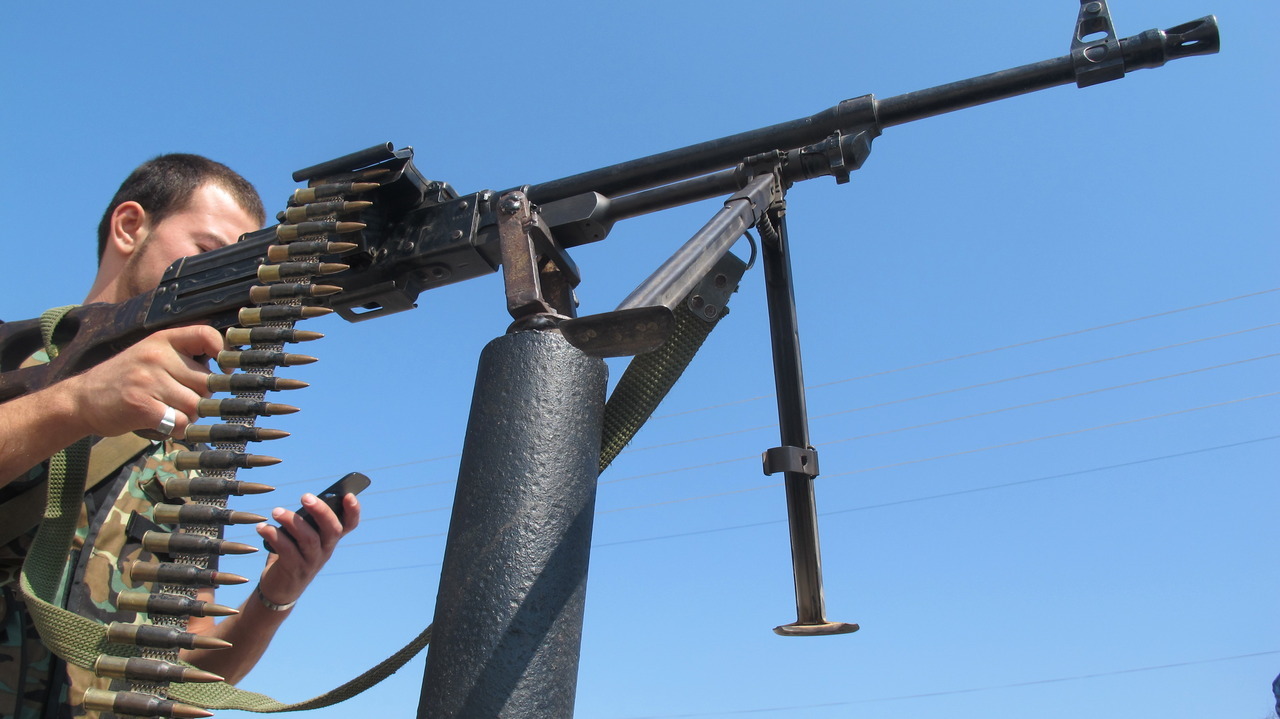Sounds more like an excuse to justify force structure. Deploying thousands of troops will most likely be ineffective, while a much less expensive and probably more effective method would be for our intelligence assets to start making deals for the powers that be and will be in Syria (pay offs and other deals) to secure the chemical and alleged biological weapons. I agree if we make WMD the issue while turning a blind eye to the overall context we're going to make bigger mess that will undermine our interests far more than a few chemical weapons.I cannot see how an external intervention to safeguard the Syrian state's stockpiles of chemical and other weapons can be separated from the wider context.













Bookmarks